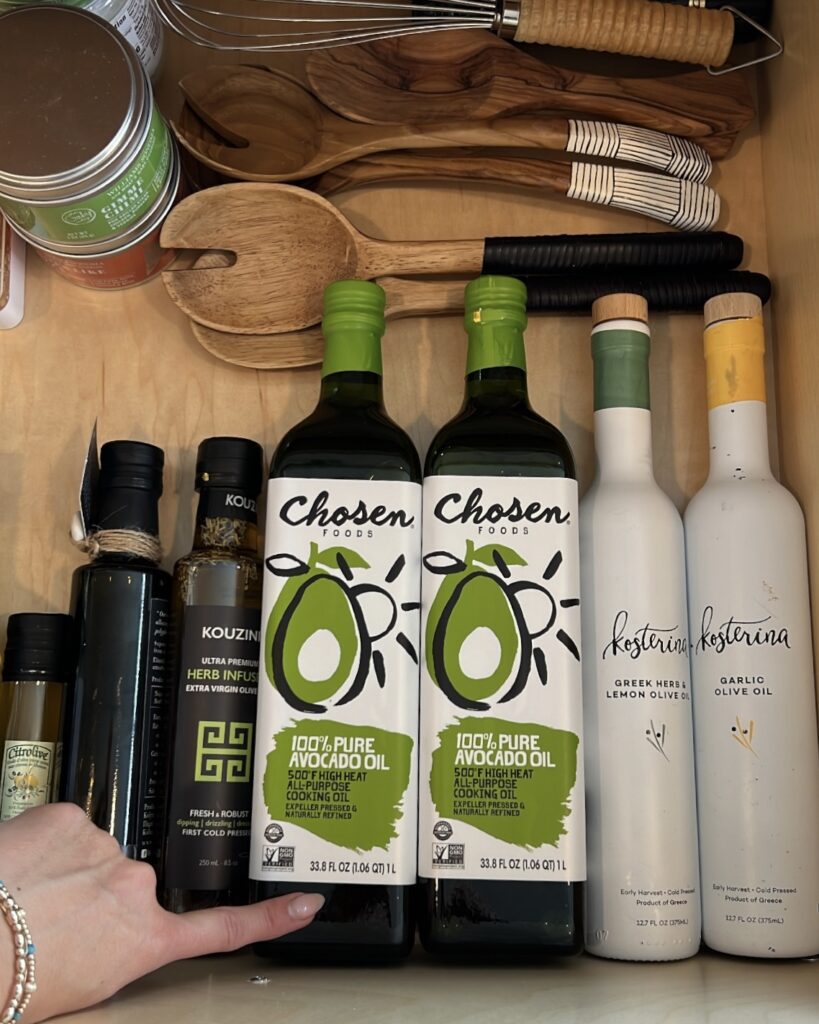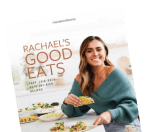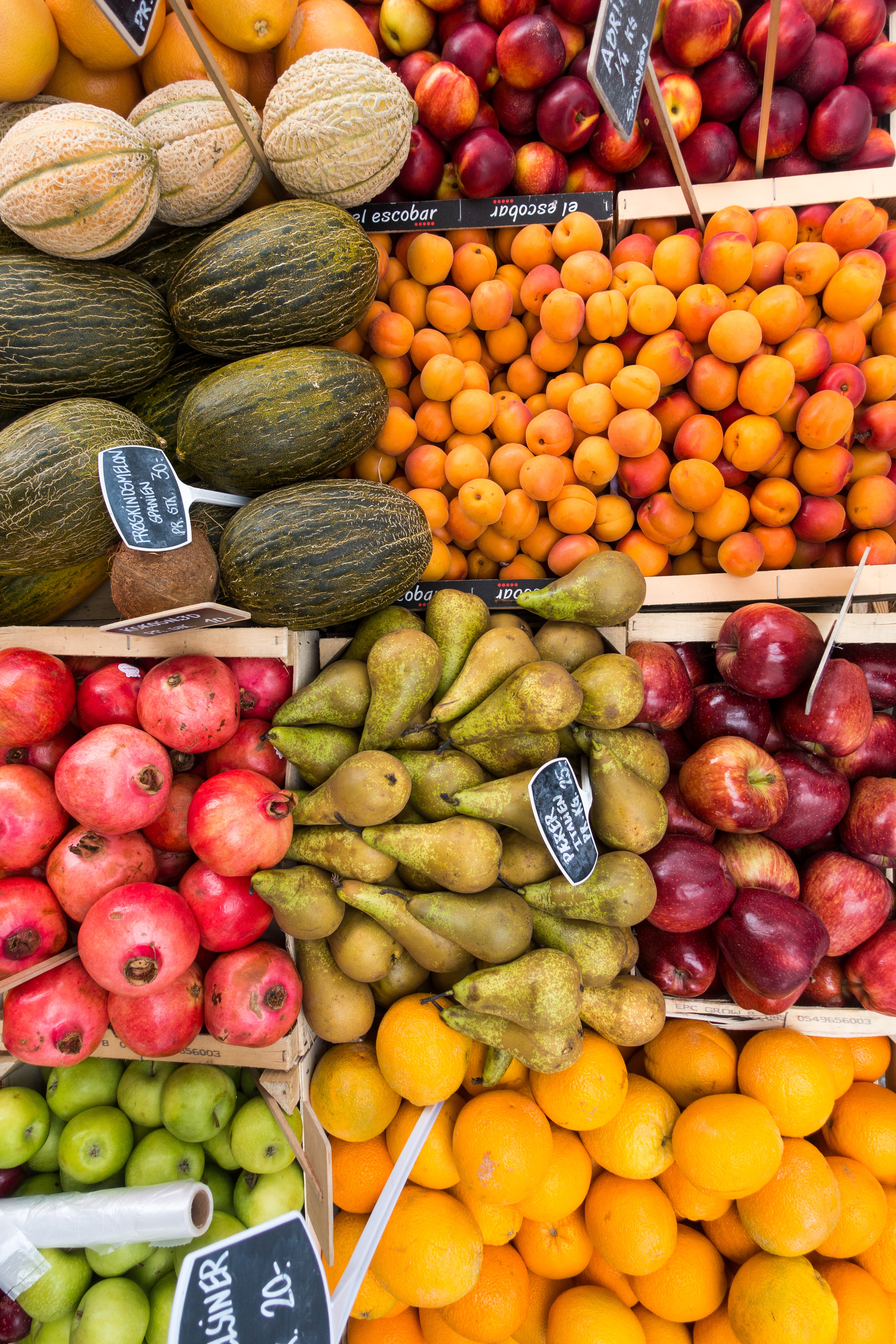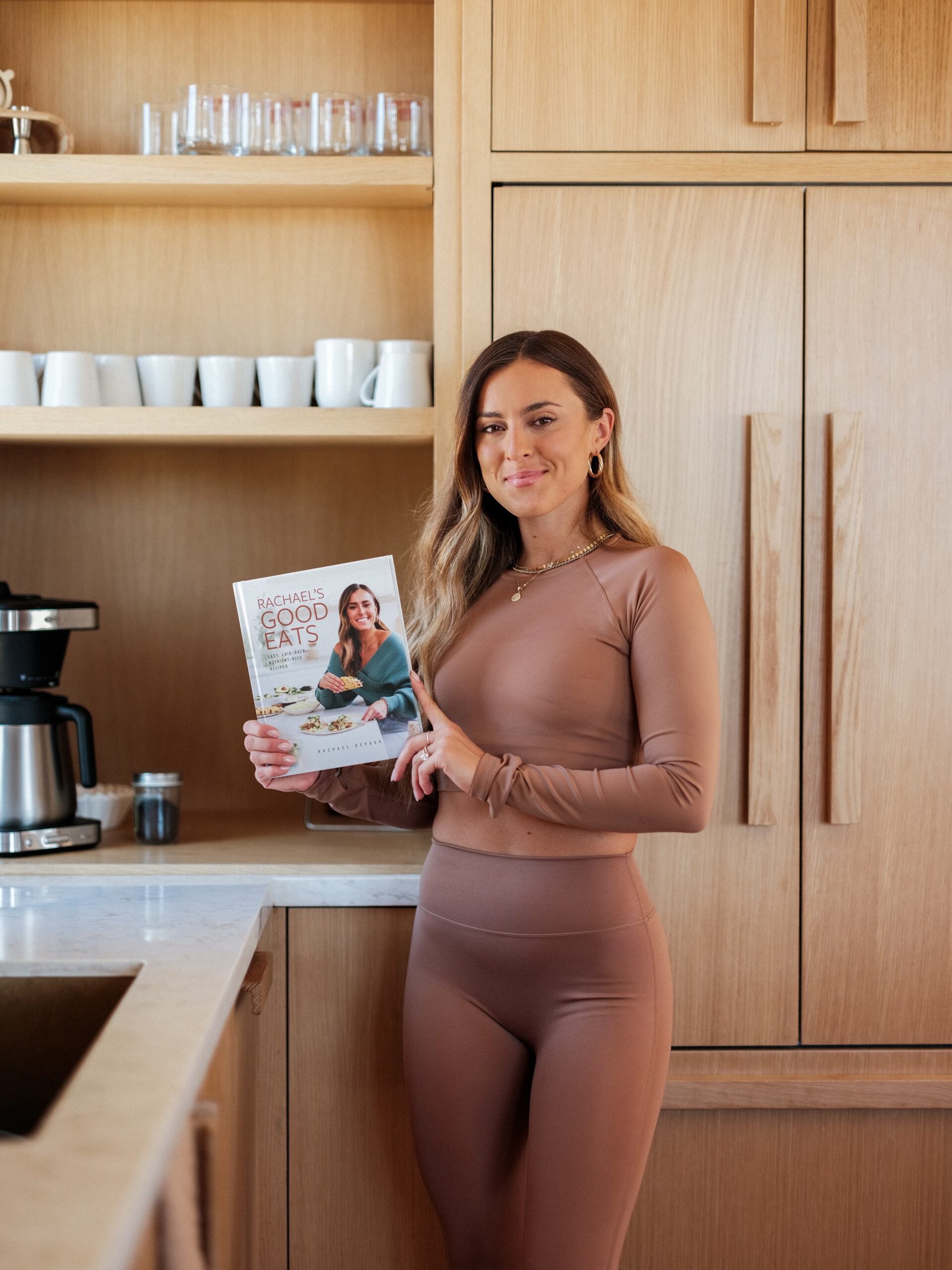
It’s no secret I’m in the kitchen cooking all the time, which means I’m constantly restocking a handful of the staple ingredients I use on the daily. Cooking oils definitely fall under that category and because I use them so frequently, I want to make sure the types I use are healthy. To simplify things for you, I wanted to explain the difference between the two I use most- avocado and extra virgin – and when they’re used.
You’ll quickly see by looking at my recipes and Instagram in general, that I don’t use vegetable oils like canola, soybean, sunflower. Long story short, they’re highly inflammatory, but I do have a more comprehensive post on why they aren’t the best choice. Ok, let’s break it down below!
AVOCADO OIL
Avocado oil generally has the highest smoke point (500 degrees F), so it’s my go-to for cooking, roasting, grilling, and pan frying. The smoke point essentially lets you know the temperature at which it can heat to until it oxidizes, which leads to breaking down the compounds in the oil and forming potentially harmful elements (source). It’s just one of the indicators on how the oil will behave under heat. Heating past the smoke point can also reduce both the nutritional benefits and the flavor of the oil. Avocado oil has a more neutral/mild flavor (the Chosen Brand kind is the one I love), so you don’t have to work around the flavor when you’re planning a dish. My rule of thumb is to use it for anything that goes on or in the oven. Scroll through these dinner recipes for more cooking inspo.
EXTRA VIRGIN OLIVE OIL
Olive oil is a bit different as its smoke point can vary greatly depending on how the oil is harvested, processed, and refined. Not to mention, there are a variety of different types. Olive oil actually has the highest smoke point at the time of bottling, then gradually gets lower over time due to heat and light exposure. Firstly, you guys have to know that I am obsessed with olive oil. After traveling to Greece and trying some of the freshest extra virgin olive oil offered, I’ve developed such an affinity for it on any of my dishes. I mostly use it for low-heat sautéing, making salad dressings, or just drizzling over the top of any dish for a finishing oil. As a dietitian, I’m all about finding nutritional benefits of the foods we’re eating and I personally lean a lot towards the Mediterranean Diet, but with a higher focus on quality protein. The Mediterranean Diet emphasizes plant-based foods like vegetables, fruits, nuts & beans, whole grains and healthy fats; extra virgin olive oil being the staple. Extra virgin olive oil (EVOO) is rich in monounsaturated fatty acids, high in antioxidants, reduces inflammation in the body, is great for brain and heart health, and so many other benefits. It’s also high in polyphenols which work to reverse oxidative damage in the body. I like choosing the least processed oils; ones that are cold-pressed, and bottles that are more of an opaque color, which helps protect it from heat and light.
I hope this was helpful! Linking some of my favorite brands below xx















Love this! I get questions about cooking oils all the time and this was such a great breakdown of each type of oil and when to use each! I love the Chosen Foods brand for the spray avocado oil! Use it almost daily for cooking! Thanks for sharing!
LOVED reading this!! I got my parents to stop buying vegetable and canola oils years ago that we grew up using exclusively and it’s been life-changing. I swear when I have them now, I feel so inflamed and gross soon after and just know the feeling. I don’t plan to ever go back to those days!